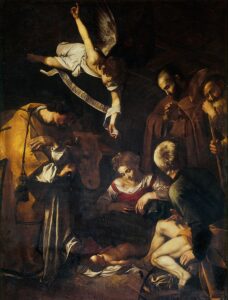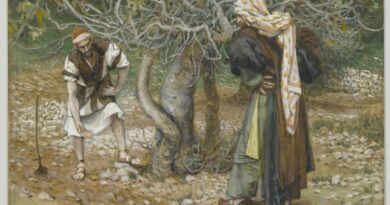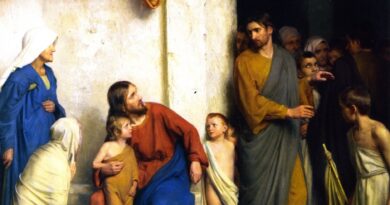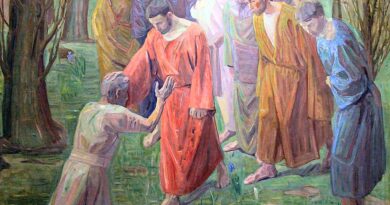Solemnity of the Lord’s Christmas
Massimo Palombella

“Everything has been assumed because everything has been redeemed” (cf. Leo I, Tomus ad Flavianum)
So wrote Pope Leo I in 449 to Flavianus, Archbishop of Constantinople, within the events that led to the Council of Chalcedon (the fourth Ecumenical Council in the history of Christianity that took place in 451) to address the question of the human and divine nature of Jesus.
The Christmas we celebrate every year, apart from all the historically codified contours of ‘goodness’, constantly leads us right to the heart of Christianity, namely God made man, the Incarnation.
What is perhaps taken for granted for us today, culturally metabolised even independently of faith, was the great novelty and, at the same time, the great scandal of Christianity. The eternal became time, the uncontainable and unattainable became visible, God became man.
The understanding of the Incarnation went through all the troubled events of the Ecumenical Councils of the first millennium where, to deeply understand the identity of Jesus within the cultural confrontation with Hellenism, was fundamental to our salvation. In fact, if in that child there had not been the fullness of the Godhead and humanity, there would have been no redemption, no salvation.
The demanding path of discernment of the aforementioned Councils gives us today the reasonable conviction that that child has taken everything upon himself, and by doing so everything has been healed, everything ‘redeemed’.
In that defenceless child nothing is an object of shame, in that child nothing is lost, in that child all our failures, all our ‘failing’, all our destabilisation, all our fear, all our pain… Everything finds a home, a place, a meaning.
He, small, weak and defenceless, awaits us with our being small, weak and defenceless to make us savour in Him nothing but “life in abundance”.
The entrance antiphon, the Introit, the ingressa (in the Ambrosian Rite) of the Christmas Eve Mass is taken from the book of the prophet Isaiah (Is 35:1) with the following text:
“Laetare nunc, sterilis, quae sitiebas, et exultet deserta:
et gaudete, solitudines Jordanis:
quia Dominus noster venit, et redemit nos.”
(Let the thirsty land rejoice, and let the desert exult;
rejoice, O banks of the Jordan,
for the Lord will come and redeem us).
The attached music, in Ambrosian Chant, is taken from the Antiphonale Missarum Iuxta Ritum Sanctæ Ecclesiæ Mediolanensis, published in Rome in 1935, which, to date, is the only “official” book of Ambrosian Chant for the Eucharistic Celebration. The live performance is by the Musical Chapel of the Duomo of Milan at the Pontifical Celebration of Christmas Eve Mass in 2022.
Merry Christmas and heartfelt greetings.


